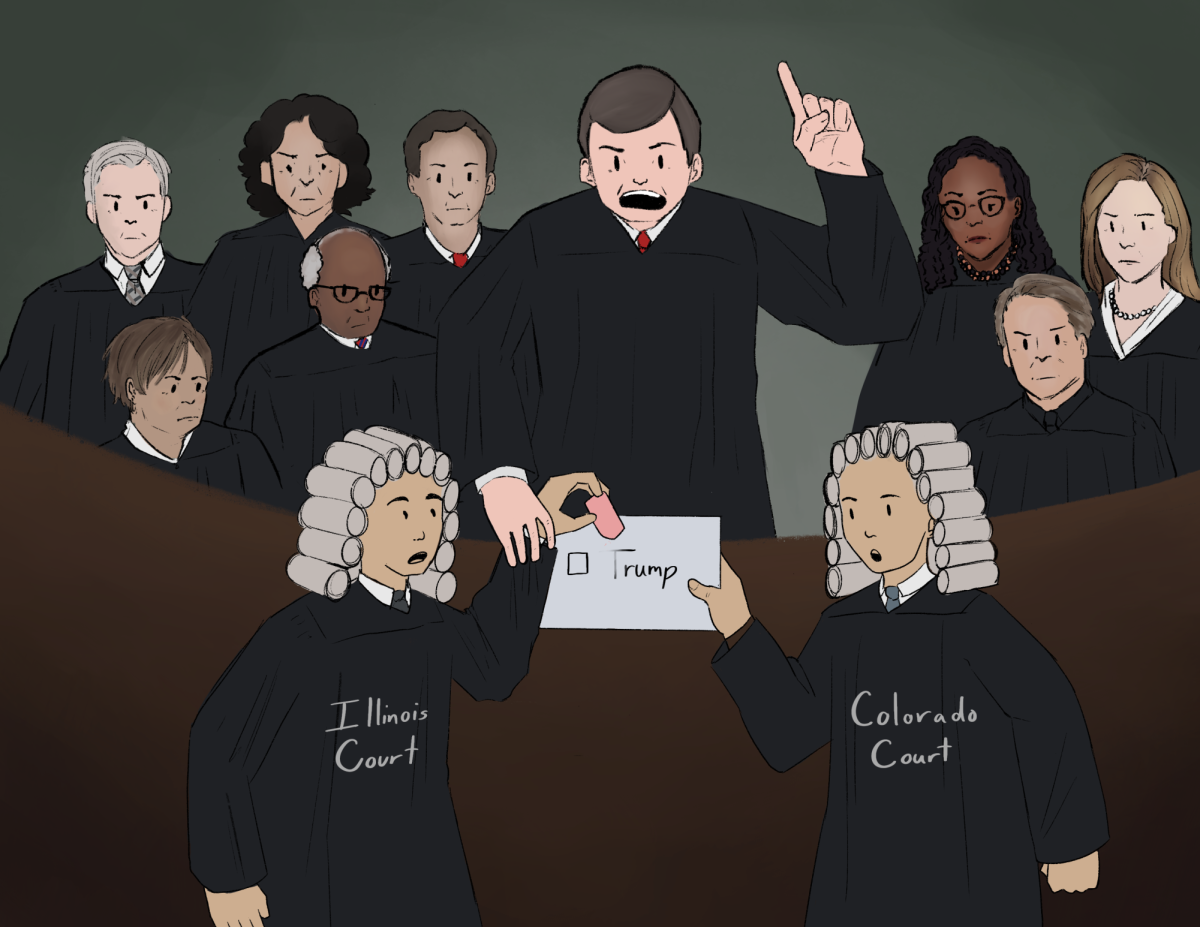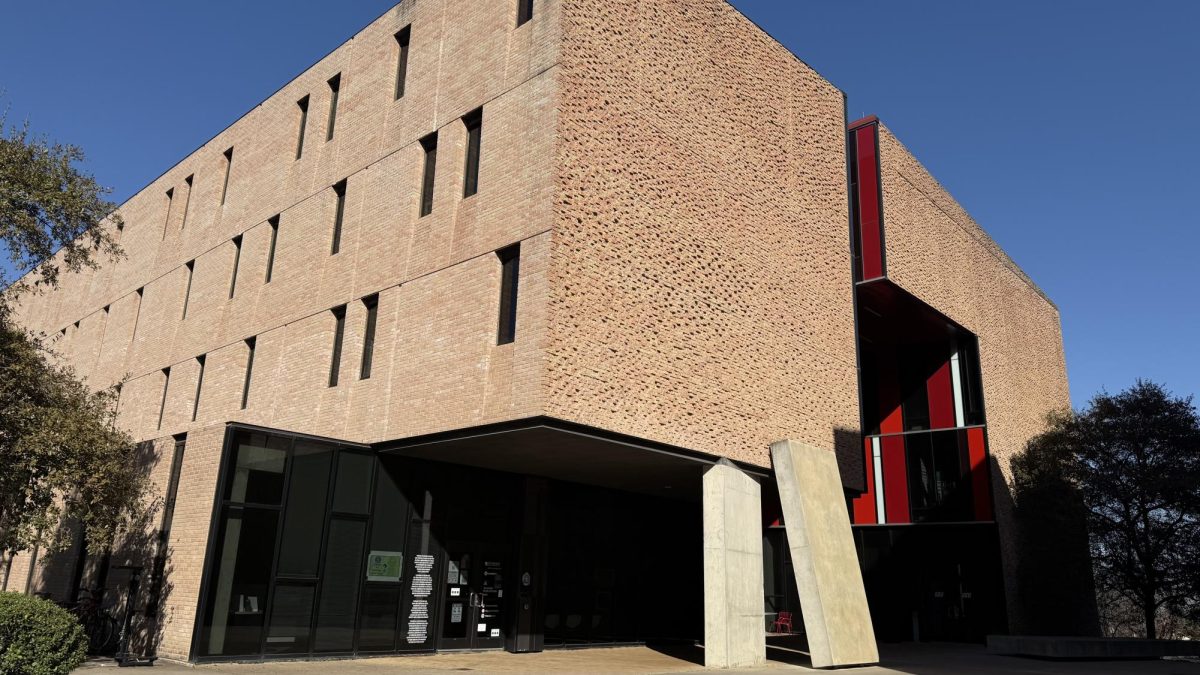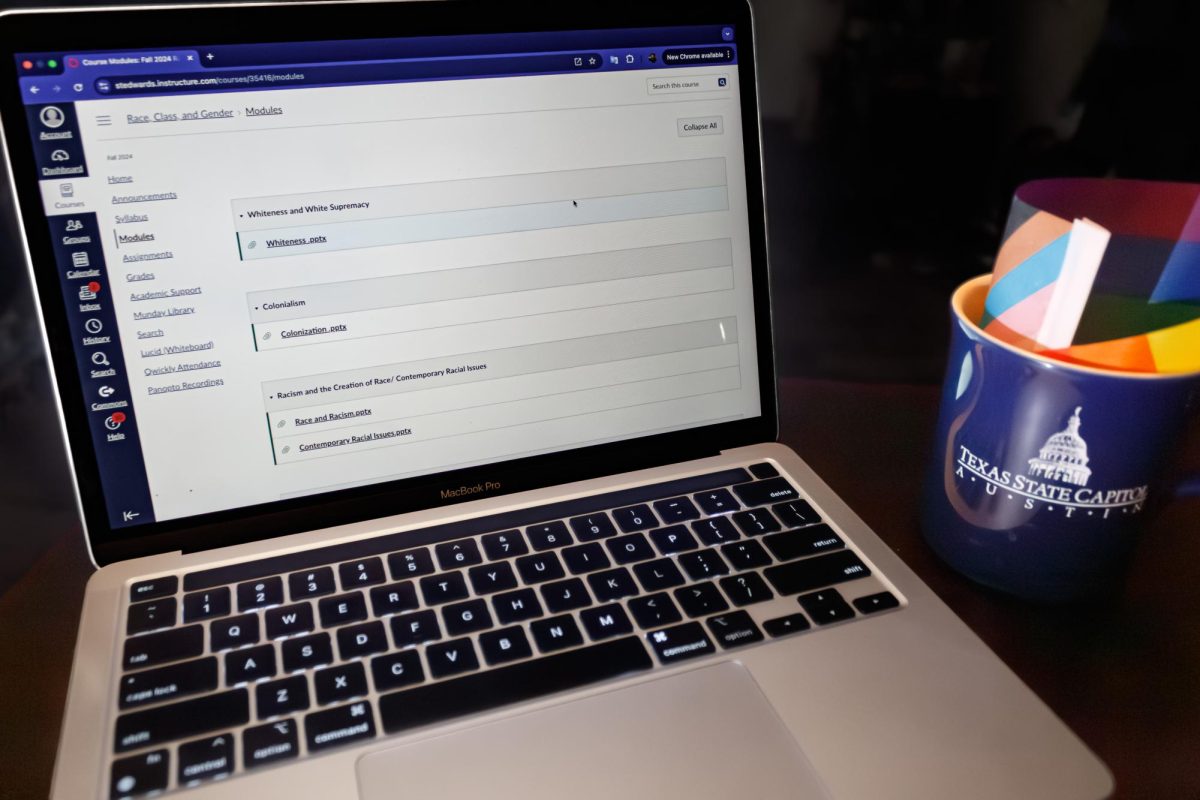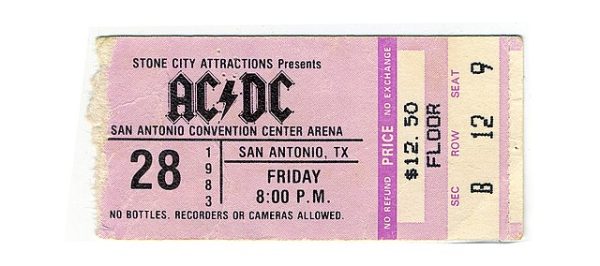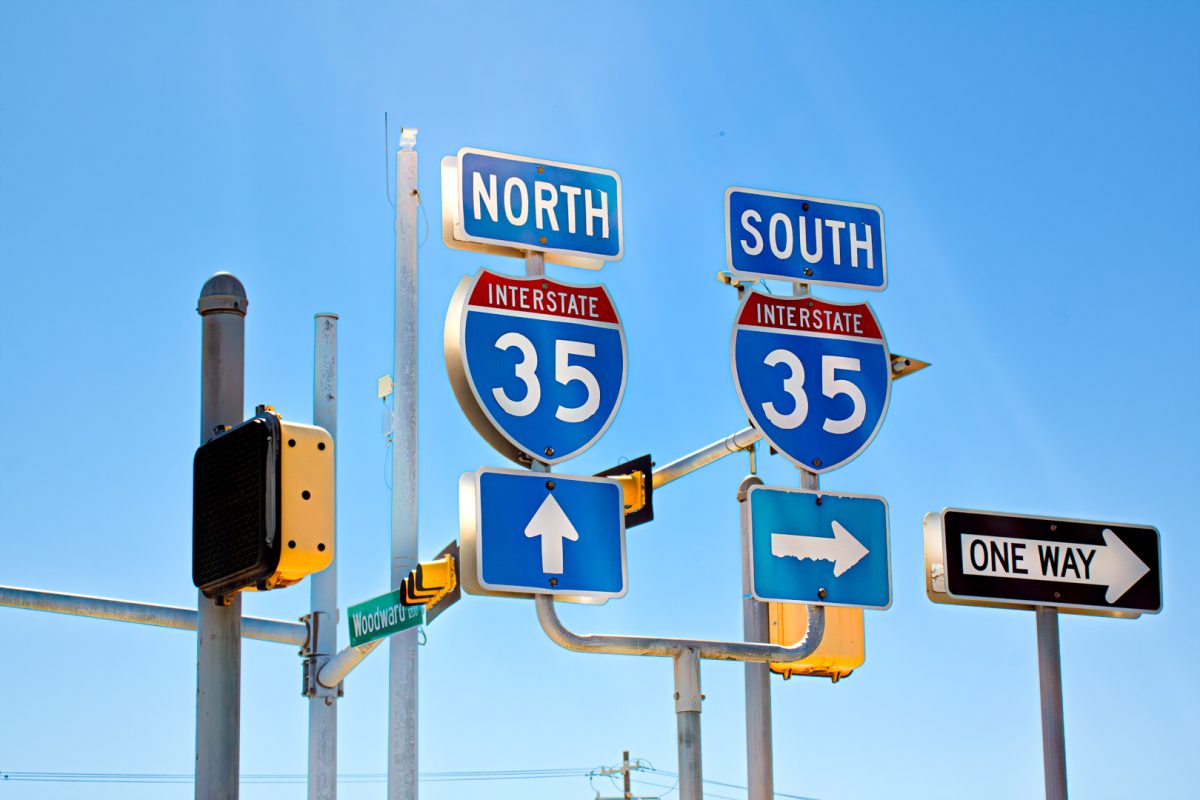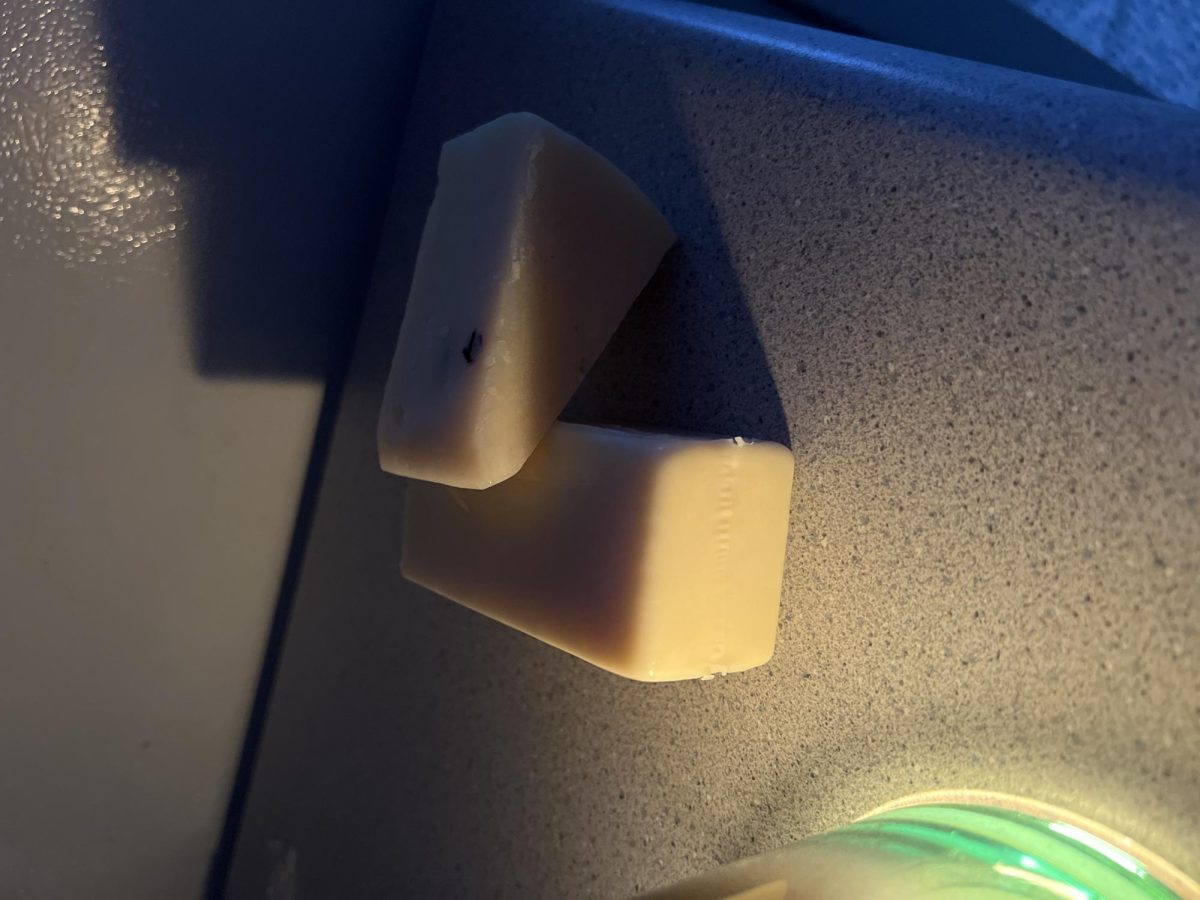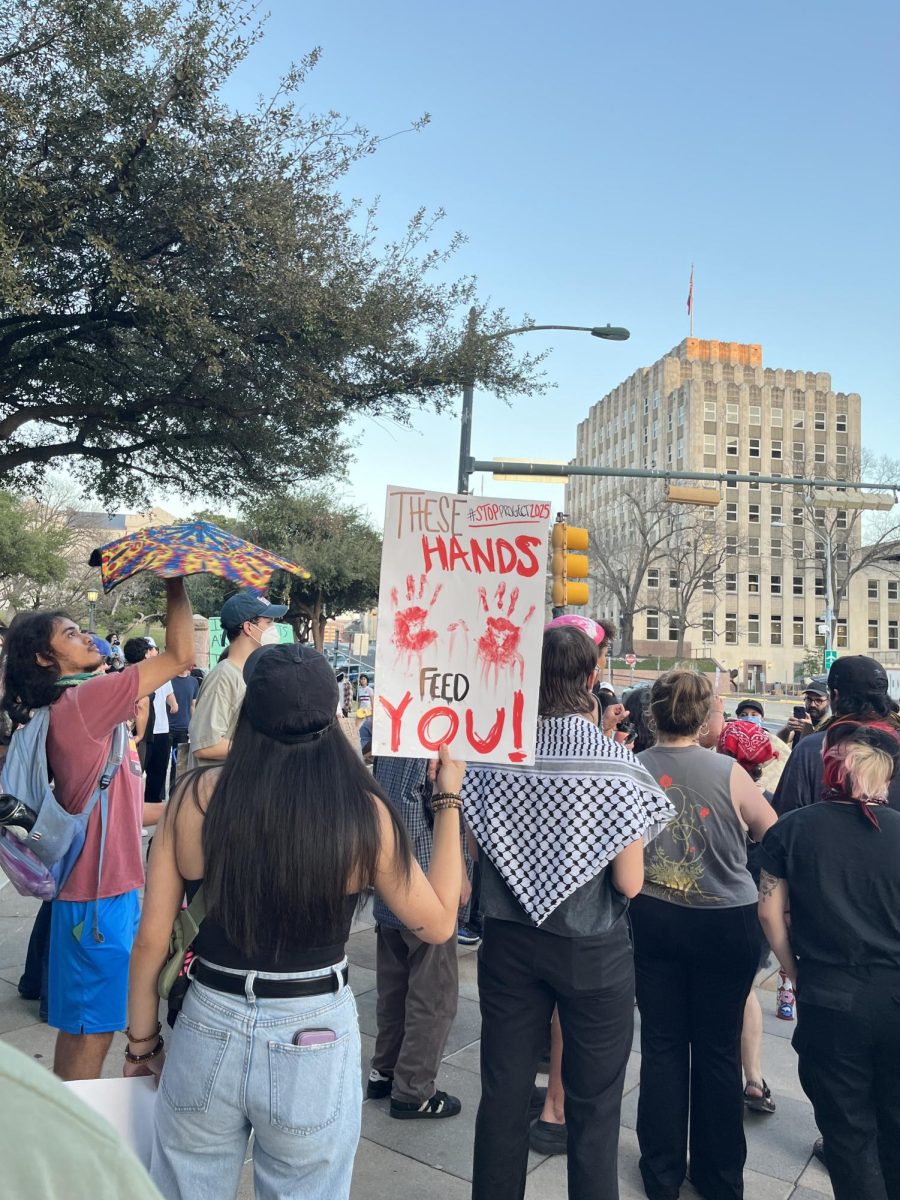Section III of the 14th Amendment to the Constitution of the United States of America states that “no person shall be a Senator or Representative in Congress … or hold any office, civil or military … who having previously taken an oath as an officer of the United States, shall have engaged in insurrection or rebellion against the same, or given aid or comfort to the enemies thereof.” That may seem like a lot, but what it boils down to is one key phrase: “shall have engaged in insurrection.” That is the phrase that has caused so much controversy and debate as the country goes to the polls to decide Presidential primary elections.
In states up and down the country, but most notably in Illinois and Colorado, legal challenges have cited this section of the 14th Amendment in an effort to remove former President Donald J. Trump from Republican Presidential primary ballots. They claim the former president’s actions, inciting a riot that escalated into an occupation of the Capitol building in Washington, D.C on Jan. 6, 2021, constituted this “insurrection” threshold proscribed by the Fourteenth Amendment. These legal challenges have been winning. In both Colorado and Illinois, judges removed Trump from the primary ballots, meaning the electorate could no longer select him as their candidate for the Republican candidacy.
However, in a U.S Supreme Court decision issued in late February, all nine justices agreed that “states cannot determine a candidate’s eligibility for federal office under Section III of the 14th Amendment to the U.S Constitution.” They ruled that Section V of the 14th Amendment grants Congress alone the power to enforce Section III against federal officeholders and candidates. Essentially, state supreme courts or any other kind of lower court cannot disqualify a political candidate from running for office due to the “insurrection” claims established in Section III of the 14th Amendment. Thus, Trump was restored to ballots in both Colorado and Illinois, establishing a precedent for the future: the standard for candidate removal is extremely high.
The real issue here goes deeper than just primary ballots. The issue is how judges are being allowed to ban Trump from the ballots in the first place. No matter if Trump’s actions on Jan. 6, 2021 did or did not amount to an insurrection or rebellion, it is not up to state and district courts to ban him from the ballot. Only Congress can do that. Any attempt to ban Trump is inherently politicized and damages the integrity of the electoral process. And this politicization stems from the selection process for judges in this country. Most judges across the country, including Texas, are elected democratically through a popular vote, which damages their impartiality and credibility.
The American Bar Associations (ABA) 1990 Model Code established several central tenets that all judges should abide by to maintain impartiality and effectiveness as arbiters of law. It is worth noting that the ABA is the highest authority in the country for established standards of legal ethics, as California is the only current state in the country to not adopt these standards of ethics into their legal code. The code itself establishes that “a judge shall uphold and promote the independence, integrity, and impartiality of the judiciary, and shall avoid the impropriety and the appearance of impropriety.” Elected judges directly violate this principle.
Through the process of partisan elections, judges are forced to align themselves with one of the two major political parties, and embrace the radical views that would help them to secure their position in office. Take the 2018 judicial elections for Harris County, the majority county of the Houston metropolitan area, for example. All Republican elected judges were ousted from their positions, leaving all civil, criminal, family, juvenile and probate courts filled with Democrat judges. They, and many others, violate the principle of legal impartiality. This means that, unless the partisan vote for Harris County results in a tie, the majority party will continue to sweep all of the seats. Judiciary officials have become reliant on the politics of the day, rather than the most appropriate candidate for the job.
It is worth noting that in Texas, all but municipal court judges are elected by the populace, all the way from county courts to the Texas Supreme Court. This leaves the judicial process open to politicization and partiality, as judicial candidates have to align themselves with a party in order to get elected. Their opinions and judicial philosophy becomes skewed by the political leanings and whims of the day, as seen in the aforementioned Harris Country, where it should follow the principles of law.
In order to prevent constitutional crises like the Illinois and Colorado primaries, it is imperative that states across the country, including Texas, shift away from popular elections for justices of the law. Judges should be nominated by the executive, and confirmed by the legislative -– that is the way it works for the Supreme Court, and that is the way it should work for all levels of the judiciary. While there is still a semblance of partiality based on who is in power in the executive and the legislative, nominated judges, in the manner of the Supreme Court, ensure a multi-level system of approval that conforms to the foundational principle of checks and balances. That is how an effective judiciary system maintains its integrity and credibility. Elected judges lead to partisanship which leads to politicization, which is the very antithesis of an effective judicial system.


